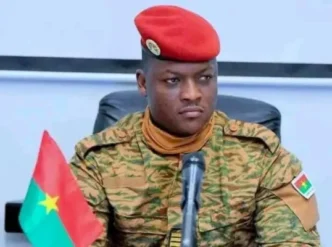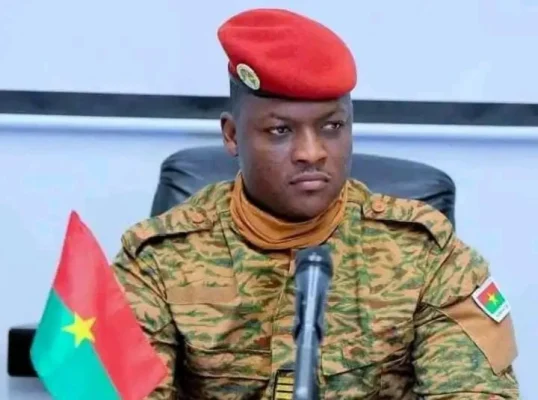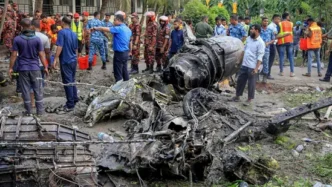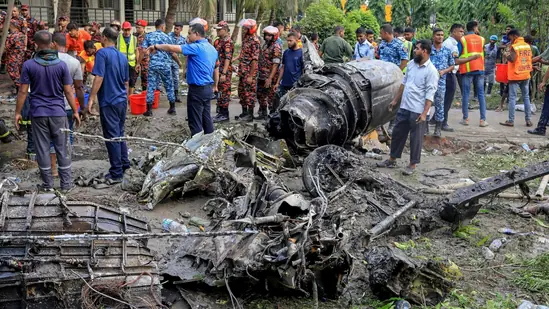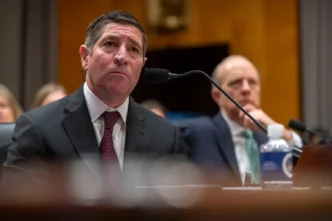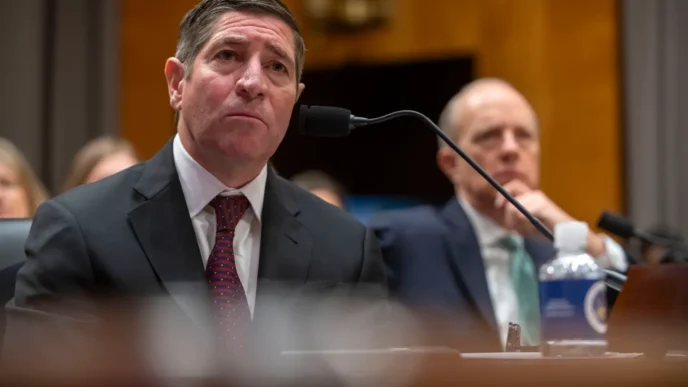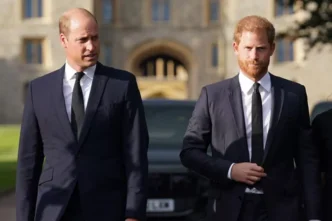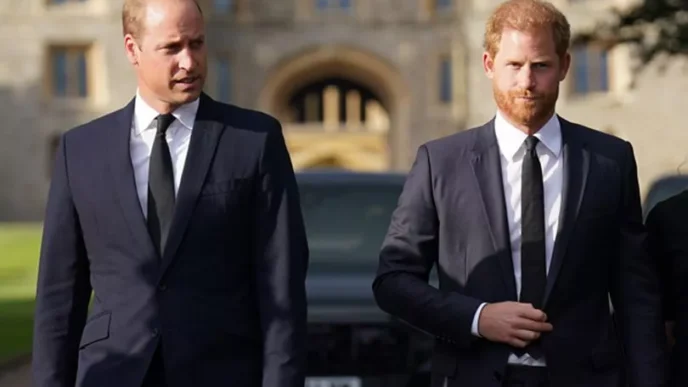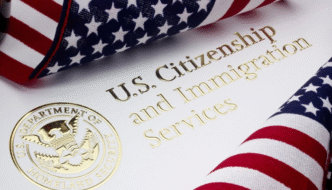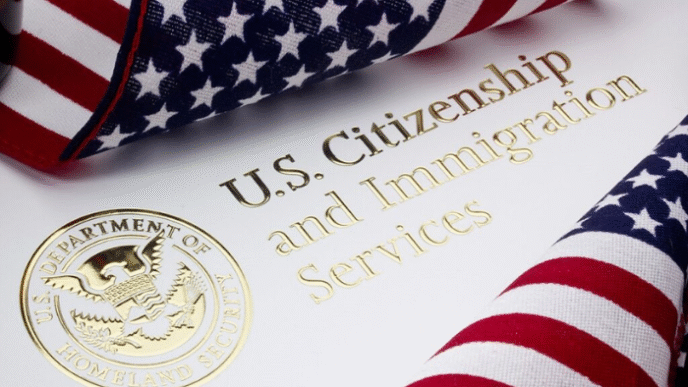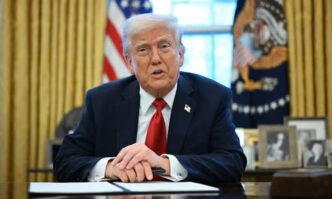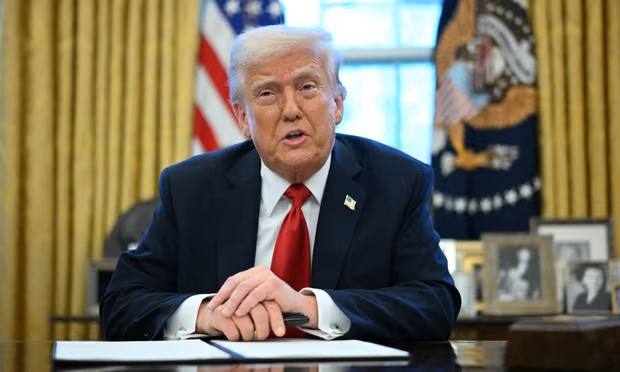Burkina Faso’s military-led government has disbanded the country’s electoral commission, calling it an unnecessary financial burden.
The announcement, broadcast on state-run RTB TV, came as a surprise to many citizens still hoping for a return to civilian leadership.
The Ministry of Interior will now take full control of managing elections in the country.
The electoral commission, once responsible for organizing free and fair elections, had been a pillar of the nation’s democratic framework.
Its sudden removal has raised fresh concerns over the military’s long-term intentions.
Observers say the move signals a deeper shift toward centralized control under Captain Ibrahim Traoré, who took power in a coup in September 2022.
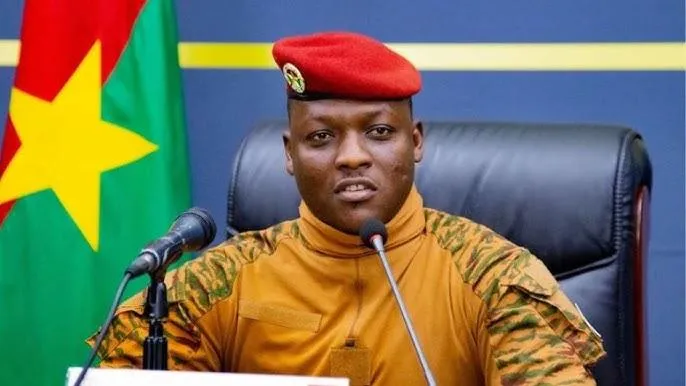
Burkina Faso’s military government had earlier postponed the 2024 elections meant to restore civilian rule.
Instead, they extended the transition period to July 2029.
This decision means Captain Traoré remains in power for the next four years and is now eligible to run for president in the upcoming elections.
According to Minister of Territorial Administration, Emile Zerbo, the electoral commission was expensive to maintain.
He stated, “It cost the government approximately $870,000 (about £650,000) annually.
Zerbo also emphasized that its removal would “reinforce our sovereign control of the electoral process” and reduce foreign involvement in internal matters.
Furthermore, the military rulers have shifted away from traditional Western alliances.
Since the coup, they have severed ties with France and turned to Russia for help in fighting jihadist insurgents.
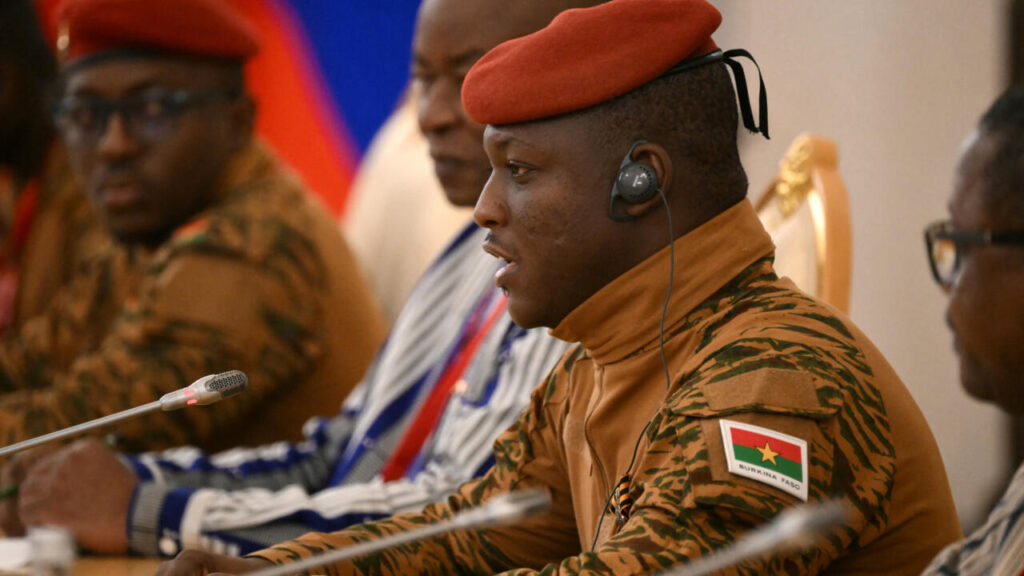
Data reviewed by the BBC shows that the jihadist group Jama’at Nusrat al-Islam wal-Muslimin (JNIM) launched more than 280 attacks in just the first half of 2025.
That figure is more than twice the attacks recorded during the same period last year.
In addition to the growing insecurity, rights groups have flagged serious human rights concerns.
Accusations of civilian massacres, media restrictions, and the erosion of political freedoms have surfaced repeatedly since the military takeover.
As the junta makes sweeping changes, questions continue to swirl around whether democratic norms will ever return.
